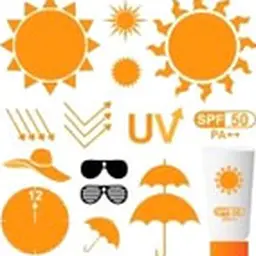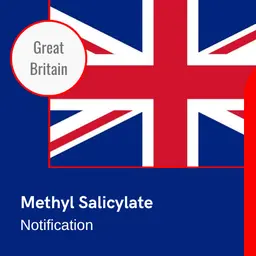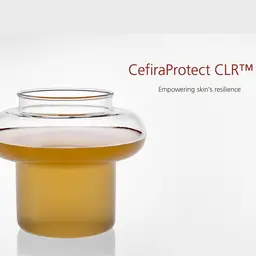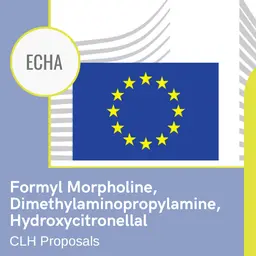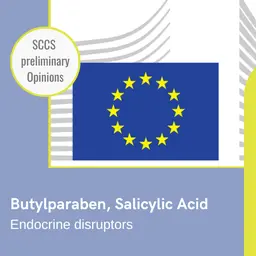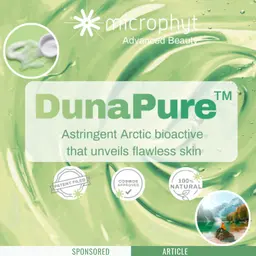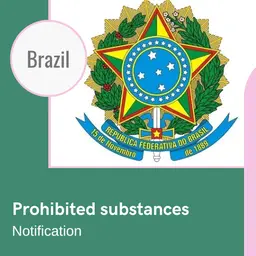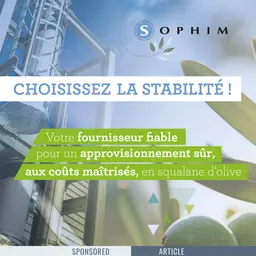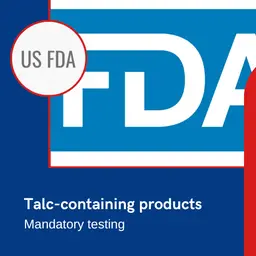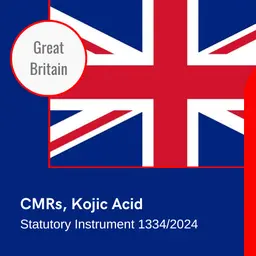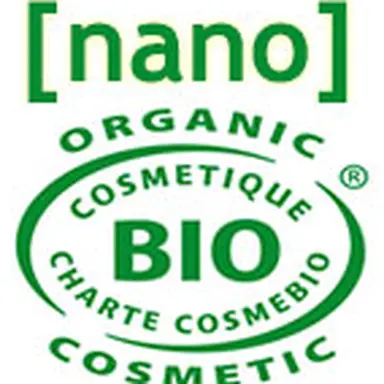
Nanoparticles in organic cosmetics? Impossible! Standards prohibit this. What a surprise, then, to see, as summer 2014 approaches, [nanos] included in the lists of ingredients for organic suncare products! Could it be a labelling error? Nope. Details.
Let’s not forget a key fact: in organic cosmetics, nanos are not allowed. This is one of the criteria that define natural and organic cosmetics, and it is on the record in the Ecocert standard (page 18) :
‘Nanoparticular ingredients. This type of ingredient is prohibited by this standard. Ingredients in the mineral category may be concerned.’
Another reminder: organic suncare products use, to obtain their protection factors (anti-UVB and anti-UVA), mineral sunscreens – titanium dioxide and zinc oxide. These are indeed ‘ingredients in the mineral category’, which, according to the standard, must not be in nanoparticular form to be allowed.
There is no lack of clarity, but the issue is complex. These mineral powders, which provide effective protection, have the incommensurable flaw, if they are used as-is in cosmetic formulas, of thickening product consistency and making products unpleasant to use. On top of this, they form a white film on the skin that is hardly attractive and is disliked by consumers. To render these ingredients more acceptable, they must be finely – very, very finely – ground, down to the size of nanoparticles (less than 100 nanometres).
The challenge for organic cosmetics was to find titanium dioxide and zinc …

